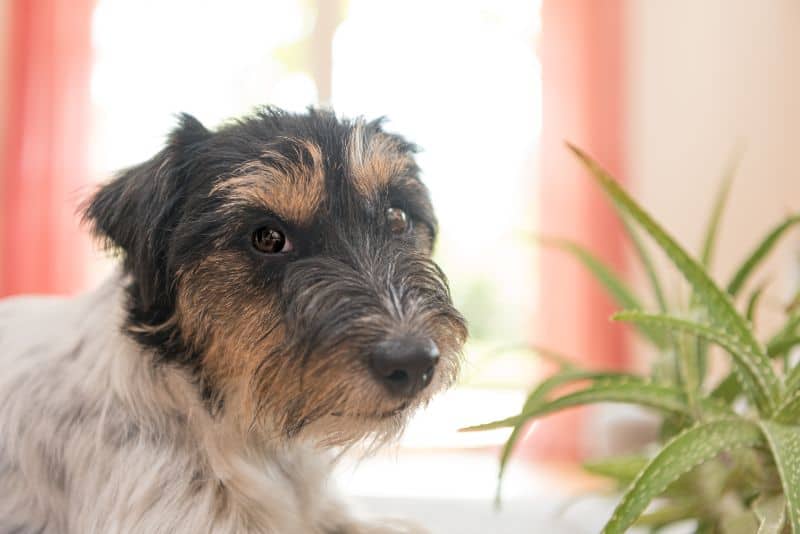Grow Pet-Safe Plants, Avoid a Pet Poisoning

Having a green thumb and owning a pet are not mutually exclusive but growing certain plants, trees, flowers and shrubs does require careful consideration in (and around) a pet’s environment. This can mean that certain plants are off-limits, but the sacrifice is usually well worth it.
Since a pet poisoning is one of the scariest experiences for pets and their people alike, it makes sense to eliminate all the possible risks inside the home and around the property.
Toxic Houseplants
Most of us keep plants inside the home as a way to decorate and personalize indoor spaces. Without a doubt, many pets simply ignore whatever’s growing in pots but that doesn’t mean they should be potentially exposed to toxic plants.
Preventing a pet poisoning is a year round priority. As such, the following toxic houseplants should never be brought home:
- Aloe vera
- Devil’s ivy (pothos)
- Dracaena (corn plant)
- Jade
- Sago palm
- Dieffenbachia
- Philodendron
- Asparagus fern
- Sansevieria (mother-in-law’s tongue)
- Poinsettia
- All varieties of lily plants
- Rubber tree plant
- Weeping fig tree
- Desert rose
- Elephant ear (caladium)
- ZZ plant
Luckily, there are many safe choices at the garden center, such as Boston fern, spider plant, bamboo, echeveria, haworthia, areca palm and more. Before you bring home a potted plant for your pet’s indoor environment, be sure to consult this list from the ASPCA.
Outside Plants to Avoid
Pet owners can take control of the pet’s outdoor exposure to toxic plants by removing any of the following toxic shrubs and flowers growing in the yard:
- Azaleas
- Lilies
- Oleander
- Cyclamen
- Crocuses
- Daffodils
- Tulips
- Hyacinths
- Hibiscus
- Eucalyptus
- Narcissus
- Chrysanthemums
- Peony
- Gareanium
- Periwinkle
- English and Boston Ivy
- Morning glory
- Wisteria
Training your pet not to chew on or eat plants is also part of the defense against a pet poisoning. If they explore the neighborhood or get too curious while on a walk with you, they may inadvertently be exposed to plant toxins.
Signs of a Pet Poisoning
Depending on your individual pet’s weight and size, what they ate, and how much they consumed, you may be faced with various symptoms of a pet poisoning. Nausea, vomiting, lethargy, confusion, loss of mobility or coordination, and more signal the need for immediate veterinary services. Organ failure and death can result from eating toxic plants.
Our team at Bowman Veterinary Hospital is always here to help. After hospital hours, you can call the Animal Poison Control Center at (888) 426-4435, and the Pet Poison Helpline at (855) 764-7661.


